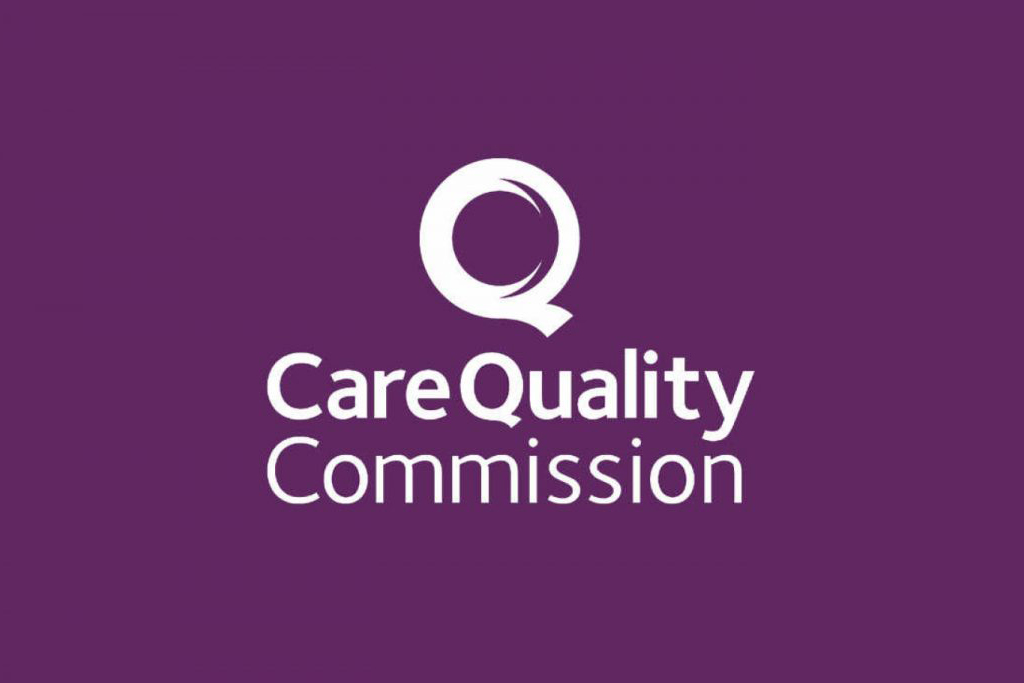Inspections carried out across medical wards at Walsall Manor Hospital by the Care Quality Commission have highlighted concerns over staffing levels, patient discharges and governance.
The three domains assessed in the unannounced March 2021 inspection – safe, responsive and well-led – have been rated as “Inadequate” as a result; downgraded from “Requires Improvement.” The overall rating for Walsall Healthcare NHS Trust remains “Requires Improvement.”
An S29a warning notice was served on the trust on 31 March 2021.
Professor David Loughton CBE, interim Chief Executive at Walsall Healthcare NHS Trust, pledged to increase support to staff in light of the findings and praised their dedication, working tirelessly throughout the pandemic.
He said: “While today’s report clearly shows us we need to make improvements I am pleased that the CQC Inspectors recognised the “kind and compassionate, respectful and dignified care” shown by our staff towards patients.
“We are developing an action plan to address the recommended areas of improvement identified in the report that will be driven by our staff. We will listen to them and work with them to deliver the improvements that they, our patients and our families deserve.”
He said today’s report also highlighted that:
- Staff managed medicine administration well and assessed risks to patients, acted on them and kept good care records.
- Staff remained focused on the needs of patients receiving care and their efforts to meet patients’ individual needs, especially where English was not their first language was recognised
Professor Loughton added: “Staff have had to contend with so much this last 12 months.
“While the number of patients with the virus has substantially decreased they have been trying to focus on restoring the pre-Covid services we provide to our patients. Today’s report is disappointing and I know it will hit staff really hard but I want them to know that the responsibility for getting this right isn’t on their shoulders – it’s something Walsall Healthcare as an organisation absolutely must take responsibility for, tackle and resolve.
“When I was appointed interim Chief Executive I made it clear that one of our priorities has to be eliminating reliance on agency staff and increasing our recruitment, which will be helped by the lifting of overseas travel restrictions.
“This is echoed throughout the report where the inspectors detail examples of staff shortages and the additional pressure and worry it has placed on our workforce. This also affects other areas of concern raised.
“We know that if our staff morale is low and the culture of an organisation is such that they are afraid to raise concerns and don’t feel valued that the impact will inevitably be felt by patients. Our colleagues are in a caring profession because they want to make a difference to people’s lives and we need to ensure they are adequately supported to do so.”
Walsall Healthcare’s action plan will focus on the key CQC findings:
- The trust didn’t always have enough staff to care for patients and keep them safe.
- Some patients didn’t receive individualised plans of care for their end-of-life care.
- There was an inconsistent approach to how leaders ran services which meant staff did not always feel respected, supported and valued.
- Leaders did not operate an effective governance process to continually improve the quality of the service and safeguard the standards of care.

